Lifeguard services to be reduced in the South East this summer
Bexhill and Minster-on-Sea beaches won't be manned by the RNLI this summer and lifeguards are at the centre of political controversy elsewhere
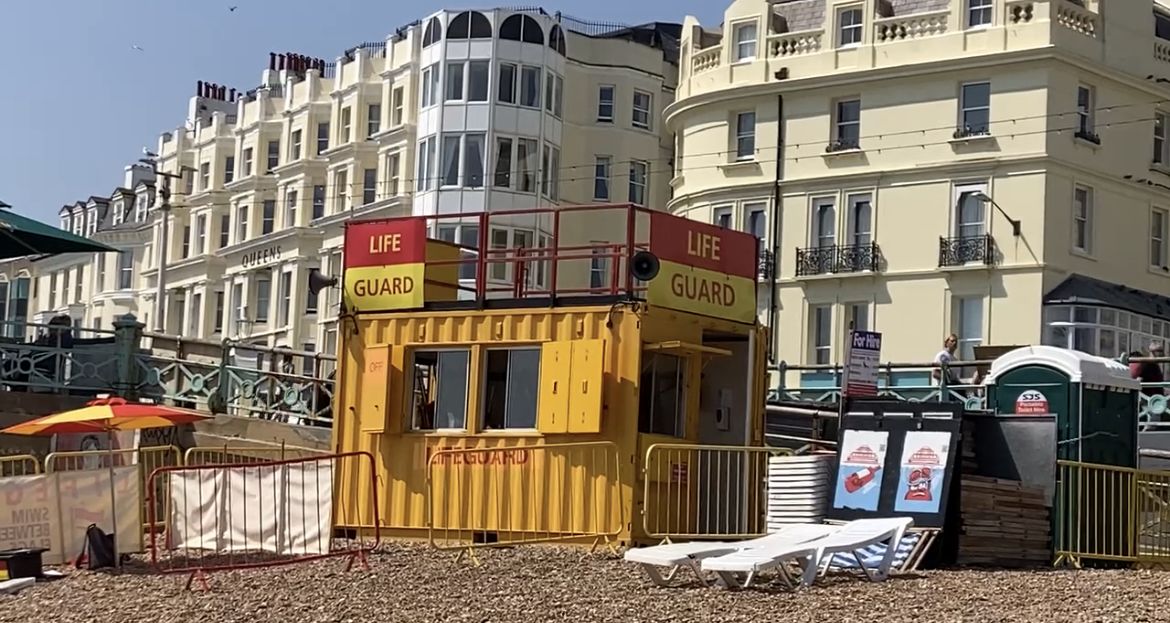
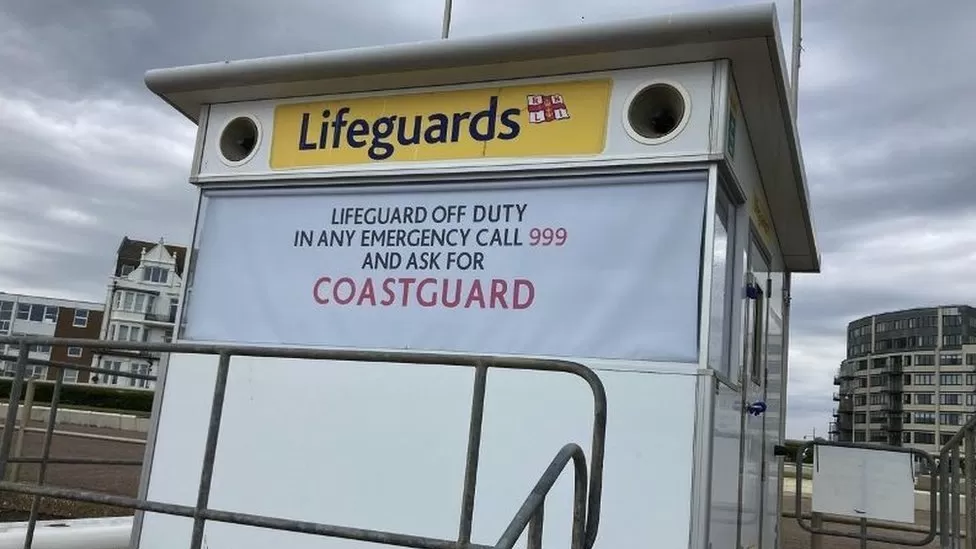
People choosing "more secure jobs" during the rising cost of living is making it harder to recruit lifeguards, says the RNLI
People choosing "more secure jobs" during the rising cost of living is making it harder to recruit lifeguards, says the RNLI
The RNLI will be unable to staff two South East beaches this summer.
Issues recruiting qualified lifeguards and people choosing "more secure jobs" during the rising cost of living have been blamed for the shortfall.
Beaches at Minster-on-Sea, on the Isle of Sheppey, and Bexhill, in East Sussex, will not be manned by the RNLI.
Bexhill will be patrolled by Rother District Council coastal officers while the RNLI remains hopeful of recruiting staff for Minster.
Sarah Doughty, who is organising a sea swim to mark World Drowning Prevention day on Tuesday, said it is "deeply concerning" that some beaches will not be manned by lifeguards.
She said sea swimming has physical and health benefits but people need "education on sea swimming".

A typical lifeguard season runs from May to September
A typical lifeguard season runs from May to September
Councillors from Swale Borough Council and Rother District Council said they were "disappointed" the beaches would not be given lifeguard coverage.
The two other beaches on the Isle of Sheppey - Sheerness and Leysdown - will continue to be staffed by the RNLI.
Ed Stevens, the RNLI's regional lifeguard lead for the South East, said: "The RNLI has had issues recruiting enough qualified lifeguards. We are still in a hangover from the pandemic with regards to getting locally trained lifeguards.
"In addition to this, the biggest factor is that a number of staff are moving into more secure jobs, given the current economic climate. The reality is it is a seasonal summer job."
Mr Stevens said Bexhill and Minster-on-Sea are two beaches with a lower number of incidents, which was among "factors considered" when the RNLI made its decision not staff these areas.

Rother District Council will use its own staff to patrol Bexhill beach
Rother District Council will use its own staff to patrol Bexhill beach
Councillor Monique Bonney, from Swale Borough Council, said: "Having the RNLI lifeguards is a welcome reassurance to people, so we are disappointed we've not been able to have enough recruits to provide the usual level of cover.
"To help mitigate this, we are working to bring in some on shore first aid support - which is a large part of the work the lifeguards carry out".
Councillor Hazel Timpe, from Rother District Council, said: "While we're obviously disappointed with this outcome, we know that the RNLI has made huge efforts to try to recruit the lifeguards and it is unfortunate that they have not been able to fill these posts."
She added: "Our own council staff will continue to play their part in promoting beach and water safety, and I'm pleased that the RNLI is looking at providing a face-to-face team to give sea safety advice to our residents and visitors when they visit Bexhill seafront."
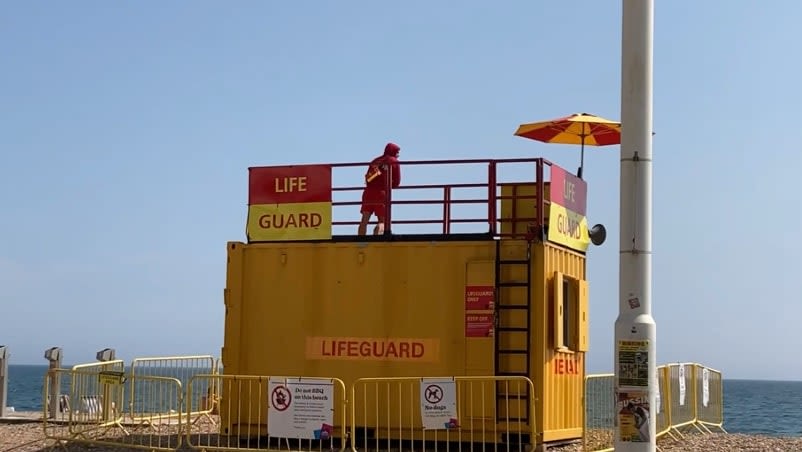
The RNLI dealt with over 1700 incidents in the South East last summer
The RNLI dealt with over 1700 incidents in the South East last summer
The role of lifeguards on beaches
Lifeguards play a crucial role in maintaining safety and preventing accidents in water. Their presence and vigilance ensures that swimmers and other water users can enjoy their activities with a reduced risk of injury or drowning. Lifeguards are trained in rescue techniques and have the knowledge and skills to respond quickly in emergencies. Their surveillance of the water allows them to identify potential risks and intervene promptly to prevent drownings.
Lifeguards are also equipped with first aid training and are prepared to handle various medical emergencies. Their ability to administer CPR, provide basic life support and help with injuries before professional medical help arrives. Furthermore, Lifeguards are responsible for managing crowded areas and ensuring that swimmers follow safety guidelines. Their presence acts as a deterrent to risky behaviour and helps maintain a controlled and safe environment for everyone. In the event of an incident, lifeguards are trained to initiate rescue operations quickly and effectively.
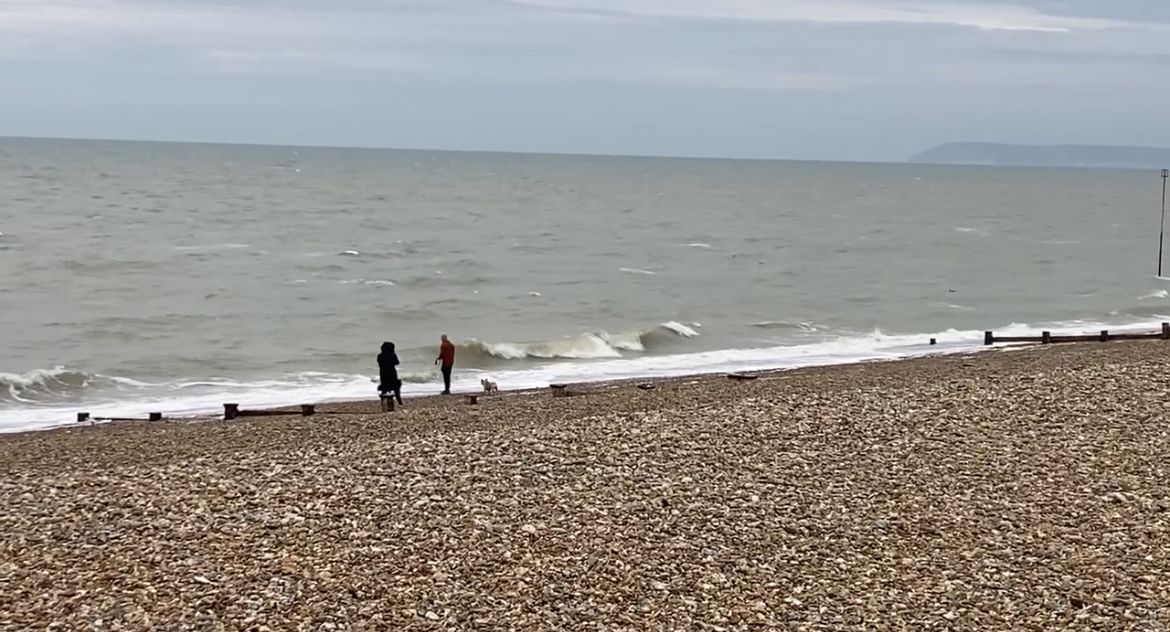
The RNLI says they have noticed an increase in their costs for equipment and training
The RNLI says they have noticed an increase in their costs for equipment and training
But, the costs are rising to have lifeguards on beaches, leaving councils at a dilemma of if they have lifeguards on patrol or if they choose to try and save money. All the councils in the South East that I got responses from are expecting a rise for their lifeguard services this summer, although some were reluctant to say how much. However, Arun District Council expect a rise of over £5,000 to their service.
Brighton: Lifeguard's at the centre of a political storm?
In Brighton, lifeguards are at the centre of a political storm. In March, proposals were put forward by the former Green council, to cut approximately half of lifeguard services on the beaches, down from seven stations to four. This was put down to council funding – the council had a £14 million shortfall to fill. Cutting lifeguard services would save approximately £100,000.
However, following May’s local elections, the council turned into a Labour administration. This saw the decision reversed and now they are trying to recruit a sufficient number of lifeguards in time for the summer holiday.
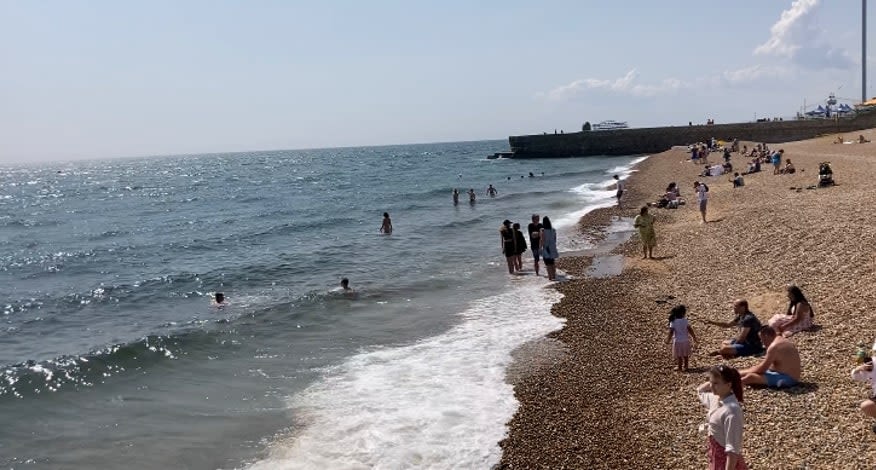
In 2019, Brighton received over 12 million visitors in 2019 and tourism contributed an estimated £976.4m to the local economy. (Source: www.tripplo.com)
In 2019, Brighton received over 12 million visitors in 2019 and tourism contributed an estimated £976.4m to the local economy. (Source: www.tripplo.com)
With lifeguard services not being deemed essential by the government on a beach for it to open to the public, services need to be council funded. Councillor Alan Robins, who is the chair of the committee that deals with lifeguards, described the decision to cut the services as a “real shock” but says that they might need to look into sponsorship for the lifeguard service moving forwards to make it more sustainable. He told me: “If we can make it sustainable, in the future we might be able to look at adding more stations and increasing hours of patrol”.
With the service costing around £100,000 this summer, the money has to come from somewhere. So, will other services be reduced or cut to make this service financially viable? “I don’t think there will be any noticeable cuts”, the councillor says. “It is doable. It isn’t a case of saying we will have the lifeguards and not have something else. But, the money will need to come from somewhere.”
“I’d rather be explaining how we found the money to do this than trying to explain how somebody has drowned due to a lack of lifeguards”
Councillor Robins added that “I believe the decision to re-instate the cover will save lives”, saying that lifeguards can even make decisions whether to warn people before they even get into the situation where they could end up drowning.

Brighton council’s Alan Robins chair of the relevant committee, told me it was a “real shock” when the plans were proposed to cut lifeguard services by the former green administration
Brighton council’s Alan Robins chair of the relevant committee, told me it was a “real shock” when the plans were proposed to cut lifeguard services by the former green administration
Councillor Robins also said that some areas of Brighton beach have “over the last year been fitted with an accessibility walkway”, meaning disabled people and families who travel with pushchairs can “get closer to the sea”. However, the new walkway is near one of the lifeguard stations initially planned for no cover – he described the plan as “short sighted”.
But, one concern for this summer is recruitment. The process should have began in February as the service levels meant to be much lower than usual. Some lifeguards went and got jobs on other beaches. However, Councillor Robins described the number of applications as “encouraging” and he is “hopeful” that they will all be in time.
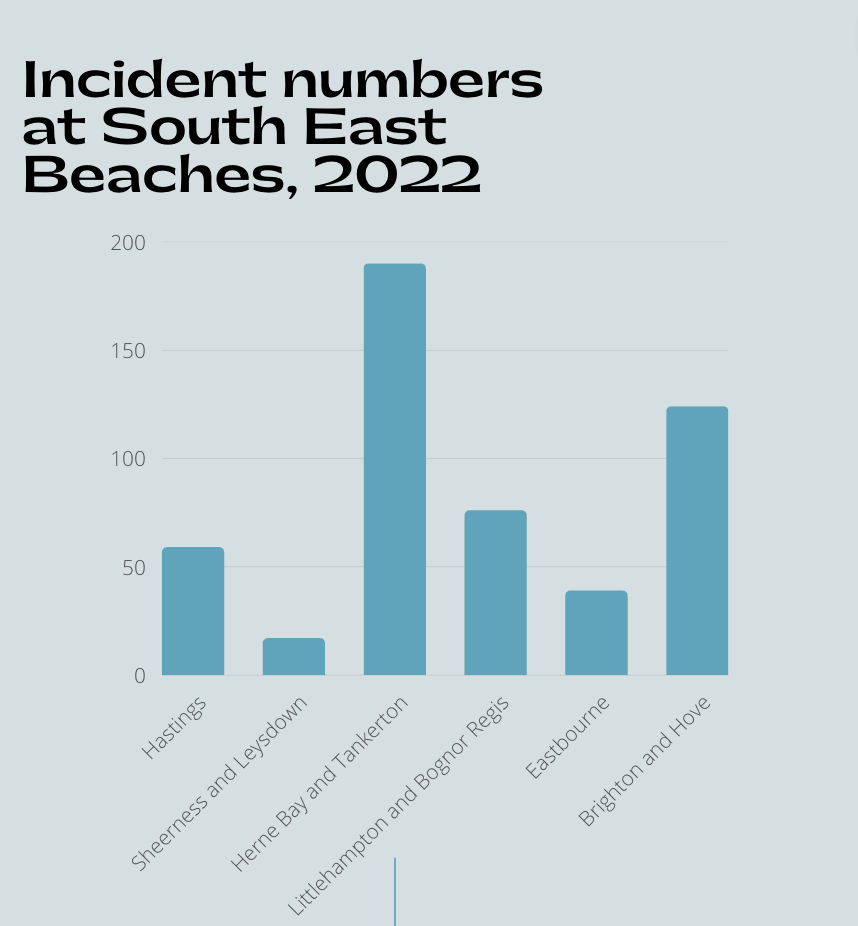
505: The number of incidents lifeguards dealt with at nine beaches last summer across Kent and Sussex. Incidents varied from rescuing people on inflatables to helping people with heat exhaustion. (Infographic created on Canva)
505: The number of incidents lifeguards dealt with at nine beaches last summer across Kent and Sussex. Incidents varied from rescuing people on inflatables to helping people with heat exhaustion. (Infographic created on Canva)
Richard Woolven, from the union Unison says it is a problem for Brighton council, as their resources have “diminished massively” and “there is only so much money to go around”. He added the council provide the service because they believe “it is a good thing”.
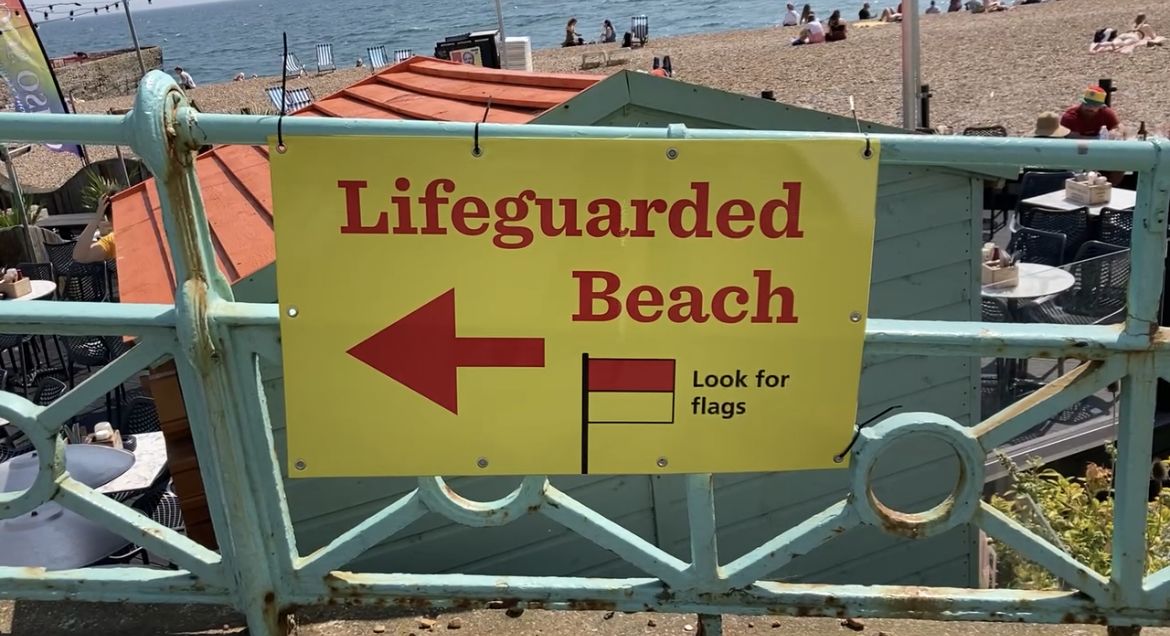
Recruitment has been described as 'encouraging in Brighton' despite starting much later than they should have
Recruitment has been described as 'encouraging in Brighton' despite starting much later than they should have
The Green party, the former council administration in Brighton, who proposed the cuts to lifeguards responded, with a spokesperson for the party saying: “The previous Green minority administration of Brighton & Hove Council had cuts imposed on it by the national government, who also limit the services where councils are allowed to make those cuts.
“Greens didn’t want the Tory-rigged budget that they were forced to propose in administration. Labour are either ignorant of that reality, or willing to let the Tories get away with it for an misleading excuse to attack the Greens.”
One seafront officer who works on Brighton beach says that the city is a “tourist destination” and with the cost of living crisis, more people are likely to use staycations and days out. He said that people who visit might be “unfamiliar with the water”, posing a “higher risk”, underlining the importance of having lifeguards on the beach.
“Post pandemic the beaches have been extremely busy and services have been even more vital”
Living so close to the beach, the seafront officer says he often finds himself down at the beach for recreation activities and times while off duty has had to step in to stop people entering dangerous situations while in the water. He added that in a job like his, “money is not important. When you pull someone out of the sea, that is rewarding and that’s a much bigger pay off.”
It isn’t just in the water where incidents are prevented, he tells me. “During the pandemic, people suffered with their mental health. We have dealt with people having crisis moments but we can prevent them getting to the water. If we can prevent that, we can prevent anything unsavoury happening.”
To watch this story in a video form, click here.